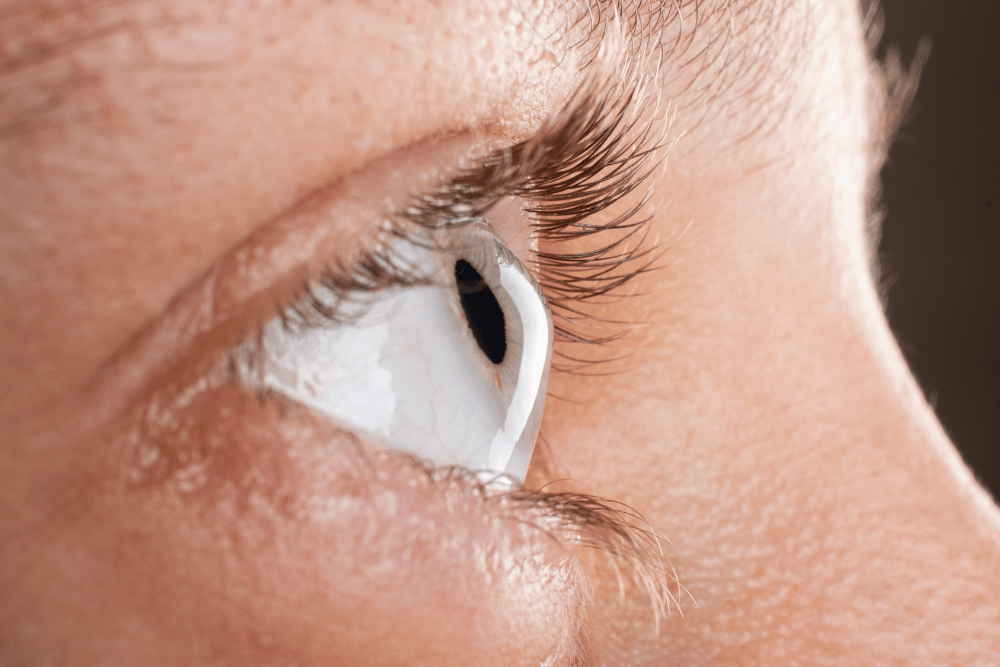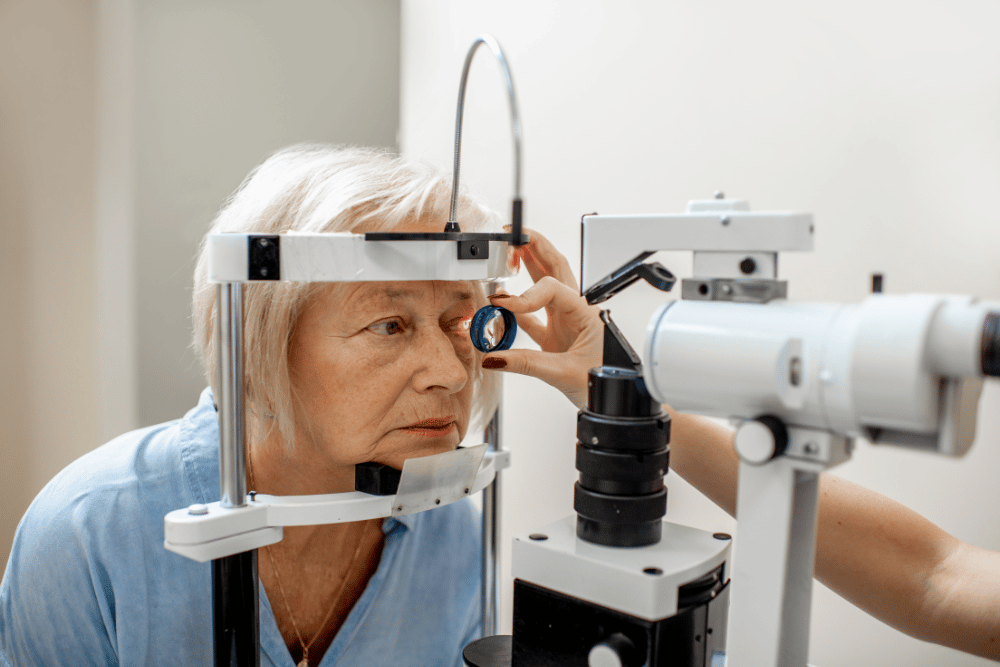Spring is in the air, and for many of us, that means seasonal allergies. While sneezing and coughing are typical allergy symptoms, did you know that allergies can also affect your eyes? In this blog post, we’ll take a look at what causes eye allergies, the symptoms, and what you can do to alleviate them.
What are seasonal allergies?
Seasonal allergies, also known as hay fever, are an allergic reaction to pollen in the air. The symptoms of seasonal allergies can vary, but they often include sneezing, runny nose, itchy throat, and watery eyes. Pollen levels typically peak during the spring season. However, they can be present year-round depending on where you live and the type of allergy-inducing plants in your area.
How do seasonal allergies affect your eyes?
Seasonal allergies can cause a range of eye symptoms, including redness, itching, tearing, and swelling. These symptoms occur when allergens irritate the conjunctiva, the tissue covering the white part of the eye and the inside of the eyelid.
Occasionally, allergies can also cause a condition called allergic conjunctivitis, which results in intense itching, burning, and redness of the eyes. This condition can be quite uncomfortable, and in severe cases, it can affect your vision.
How can you manage eye allergy symptoms?
Fortunately, there are several things you can do to manage your eye allergy symptoms. Here are a few tips:
- Avoid allergens: Try to limit your exposure to allergens by keeping windows and doors closed, using an air purifier, and staying indoors on high-pollen days.
- Use eye drops: Over-the-counter eye drops can help relieve itching, redness, and swelling. Look for drops that contain antihistamines or mast cell stabilizers.
- Apply a cold compress: A cold compress can help soothe irritated eyes and reduce swelling. You can use a washcloth soaked in cold water or a bag of frozen peas.
- Take allergy medication: If your allergy symptoms are severe, your doctor may recommend allergy medication, such as antihistamines or decongestants.
If none of these methods provide relief, it’s best to see an eye doctor to rule out infection or any underlying issues. Often, dry eye is misdiagnosed as allergies because they share similar symptoms such as redness, burning, and itching. Only a comprehensive eye exam can reveal whether you suffer from allergies, dry eye, or another condition. During the exam, your eye doctor can determine which condition you have and develop a treatment plan tailored to your specific needs.
With proper care and maintenance, we can make sure we’re seeing comfortably even during this difficult time of year! If you’re struggling with eye allergies, schedule an appointment today with our eye doctor in Lawrenceville, GA!





